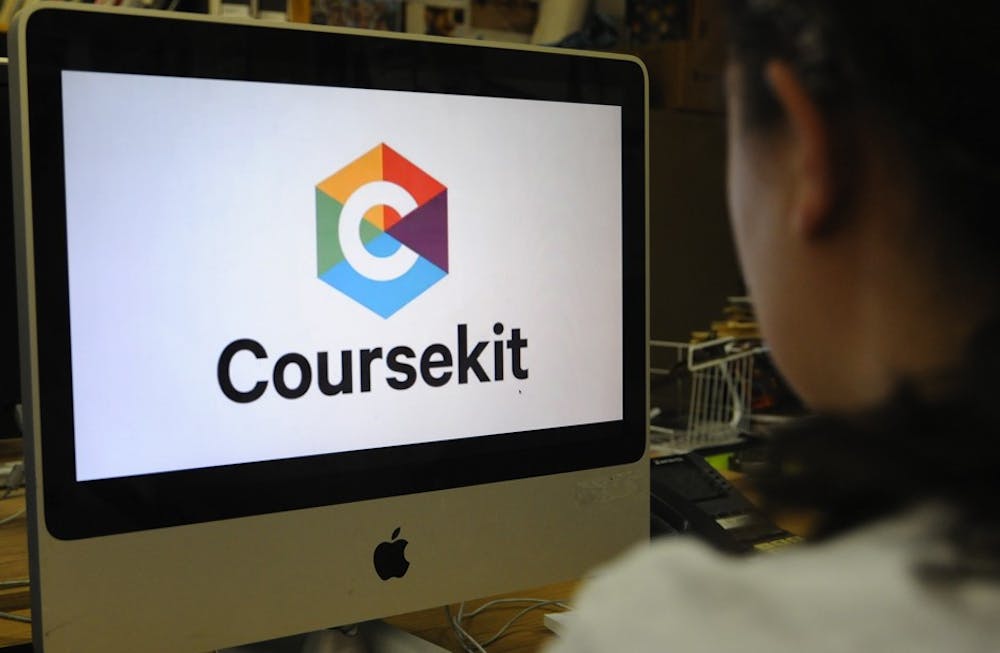A student-created website that is increasingly rivaling Blackboard in the classroom has received a major investment for its future operations.
On Jan. 2, Coursekit — which was founded by three Penn students — announced that it had raised $5 million in venture capital to expand and improve its online class networking products.
The list of investors in Coursekit includes a number of high-profile names and organizations: former Facebook executive Chamath Palihapitiya, CEO of StackExchange Joel Spolsky and Penn computer science professor Michael Kearns, among others.
For Coursekit CEO and founder Joseph Cohen, the names are big by design.
“We took on investors who knew how to build very large platforms,” Cohen said.
In June 2010, Cohen, who had then finished his freshman year at the Wharton School, as well as Dan Getelman, who was then a Wharton and Engineering sophomore, started working on Coursekit in order to develop a better online course management system.
In December of that year, then-Engineering junior Jim Grandpre joined Cohen and Getelman — a former Daily Pennsylvanian lead online developer. After raising $1 million in May 2011, the three students left Penn to focus on their work with Coursekit.
With the recent investment, Cohen plans to further develop the website’s functionality as well as expand the company by hiring employees who specialize in community building.
“It’s not just a learning management system,” he said. “It’s a transformational system that allows people to bring their ideas together.”
For Cohen, it’s this new mode of community-oriented thinking that has allowed the fledgling academic networking site — which was in beta-testing in Penn classrooms and at other universities this past semester and was officially launched in late November — to draw support from both professors and students.
English professor Michelle Taransky, who used Coursekit in one of her classes this past semester, wrote in an email that “last semester, Coursekit became another place for students to gather over course materials.”
She added that Coursekit’s notifications feature — which sent her emails alerting her whenever students posted notes or questions online — was a major advantage over Blackboard.
College freshman Seth Amos, who has also used Coursekit, agreed.
“The academic tool serves as a social networking site much like Facebook,” he said. “You can like other people’ comments and posts. It was also really convenient and helpful whenever a professor wanted to post links to outside sources.”
Aside from the unique class interactions that the website facilitates, College freshman Tiffany Lu said that Coursekit also hosts a number of features that may propel it to become a potential replacement for what some perceive to be a clunky and outdated Blackboard.
“[Coursekit has] a lot of things that can replace Blackboard features, such as a scheduling system or the ability to access past posts by teachers and students,” Lu said.
Recently, several new upgrades have been added to Coursekit, including the arrival of online gradebooks to track academic performance and the ability to upload more assignments with ease.
Despite the fact that it is a relatively new organization, Cohen said that Coursekit remains completely free for its users.
Coursekit, he stressed, is first and foremost a learning service. And while the company has yet to focus largely on its sources of revenue, he said the potential for it to be profitable is clearly there.
For Cohen, the $5 million is proof of that.
Related
Coursekit officially launches in classroom
Founders of Coursekit discuss startup strategy



